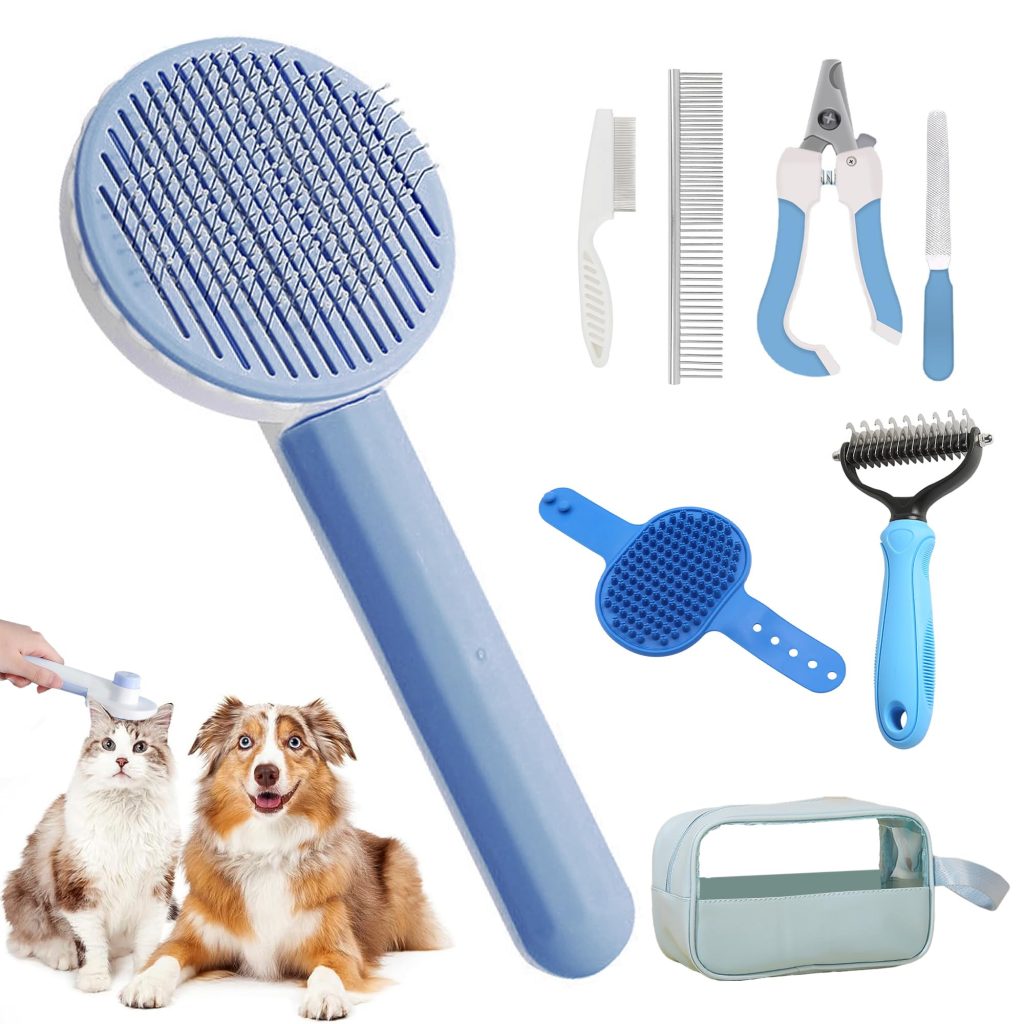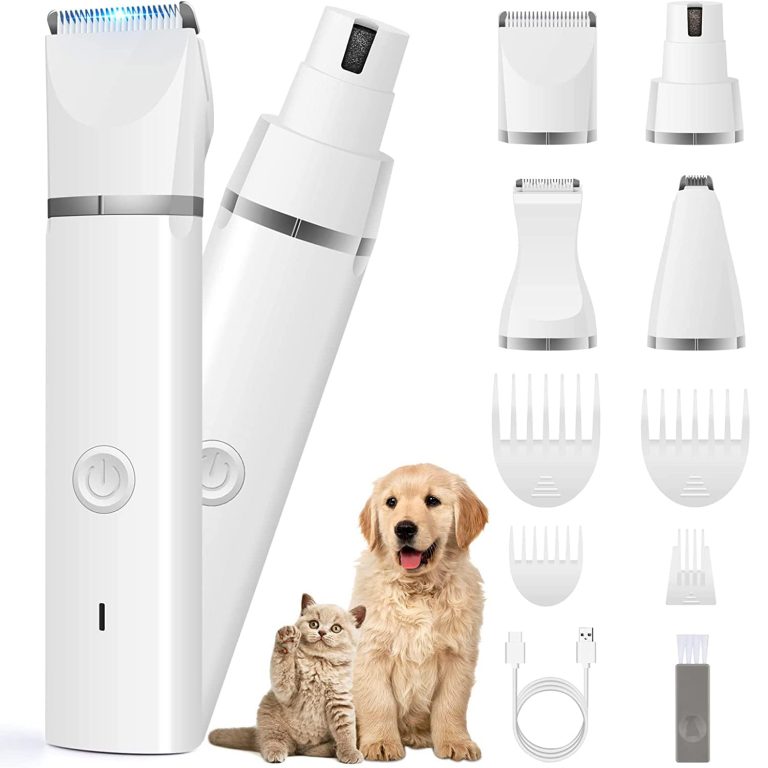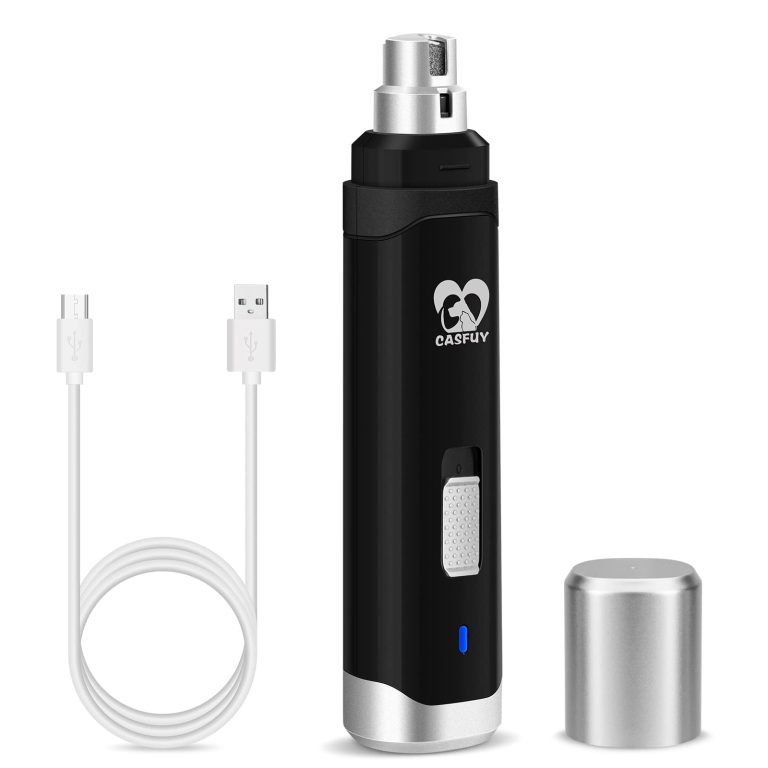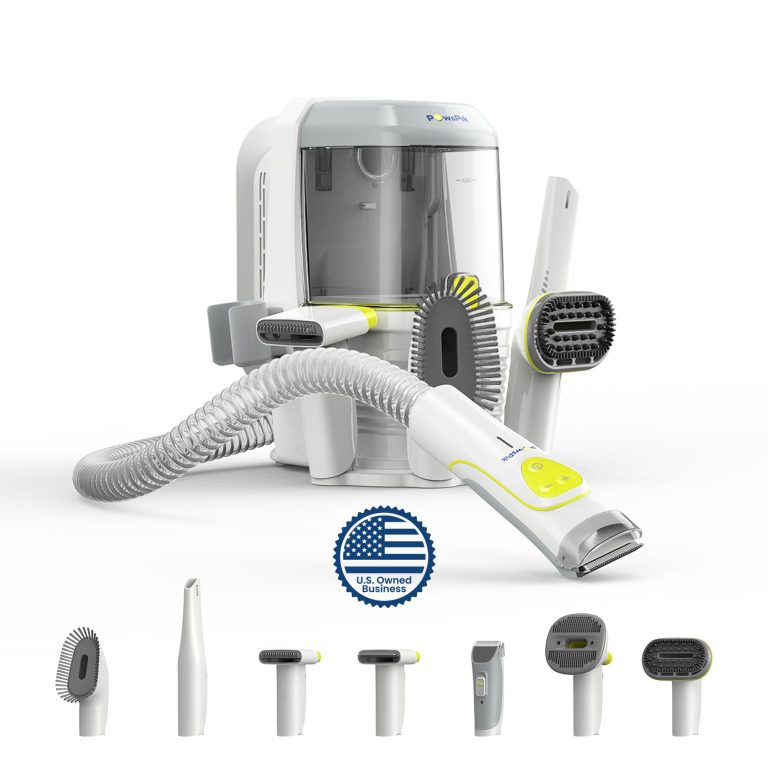Caring for Your Dog’s Teeth – Tips for Dental Health
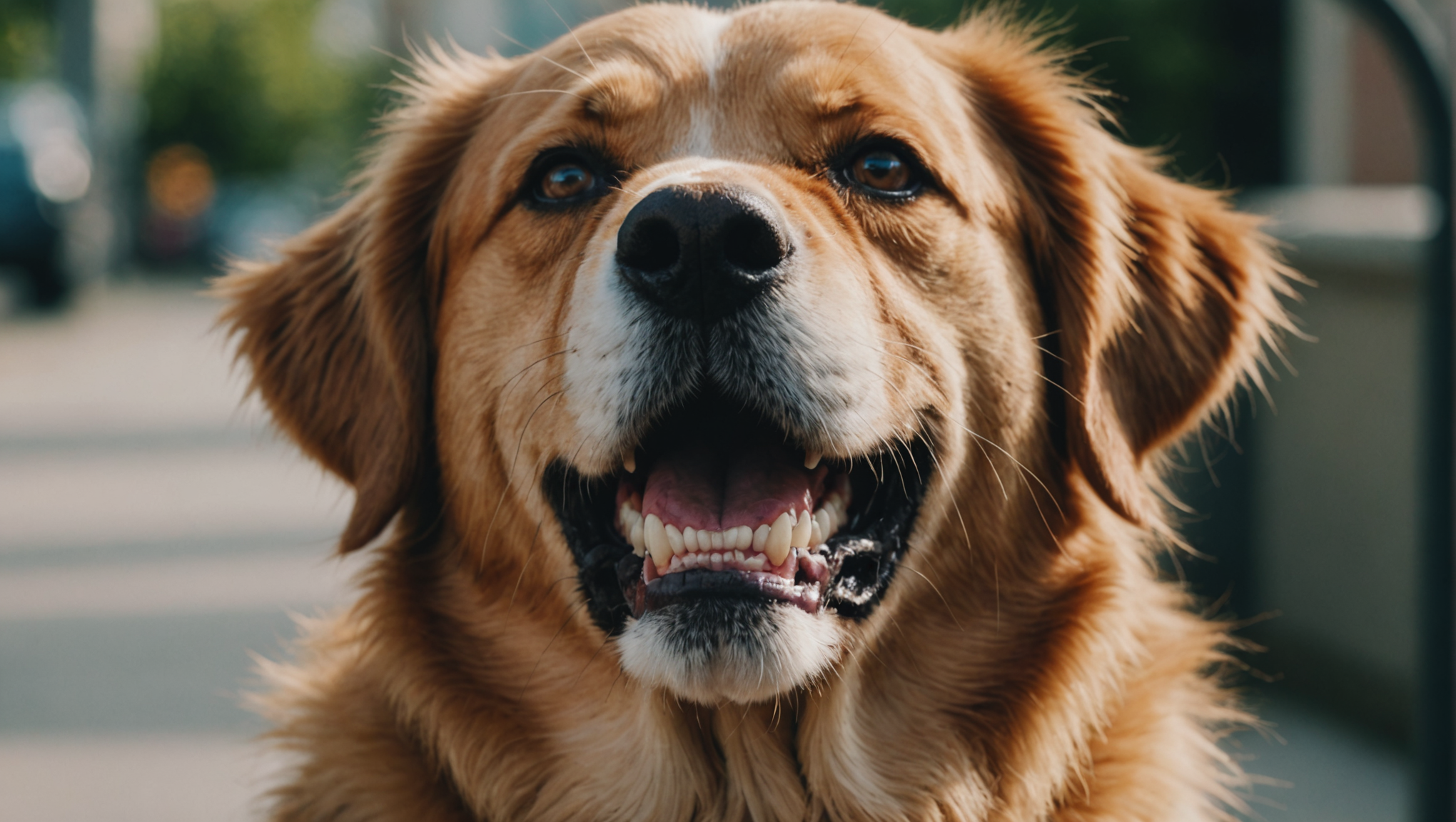
Just as with humans, the cornerstone of a dog’s overall health relies heavily upon the condition of their teeth and gums. An often-overlooked aspect of pet parenting, understanding canine dental health encompasses a range of factors that contribute to a vibrant life for your furry companion. It is imperative to recognize that dogs, much like us, harbor bacteria in their mouths, necessitating regular maintenance to mitigate the risk of dental decay and periodontal disease.
The unique anatomy of a dog’s mouth inherently predisposes them to certain oral health issues. Canines are features an set of teeth this is designed not merely for chewing but for tearing and grinding food; therefore, their dental care requires particular attention. A notable point is that plaque, a sticky film of bacteria, begins to accumulate on a dog’s teeth shortly after eating. If not addressed, it can harden into tartar, leading to inflammation of the gums, known as gingivitis, and eventually escalating to more severe problems, including tooth loss.
Understanding the signs of dental distress in dogs can often be the difference between prompt care and extensive treatment. Common indicators such as persistent bad breath, difficulty eating, and pawing at the mouth signal that an intervention may be necessary. A key aspect of effective pet parenting is the embrace of preventative measures. This proactive approach not only alleviates pain and suffering for your dog but also ensures that they maintain their vibrant personality, free from the discomfort associated with dental afflictions.
Moreover, distinct breeds exhibit varying predispositions to dental issues. For example, smaller breeds frequently suffer from overcrowded teeth, which can lead to heightened risks of decay, while larger breeds might contend with injuries or misalignments linked to their unique jaw structures. Each dog requires an individualized understanding of its dental health needs, making education a paramount responsibility of every conscientious pet owner.
Engaging your dog in regular dental hygiene practices not only fortifies their teeth but strengthens the bond between you and your beloved pet. The act of brushing a dog’s teeth, although sometimes viewed as a chore, can transform into a cherished ritual that enhances trust and companionship. Think introducing this practice gradually, perhaps starting with a flavorful dog toothpaste to entice your pup while fostering a sense of comfort with the process.
Ultimately, the journey towards optimal canine dental health is one that demands attention, dedication, and compassion. By prioritizing your dog’s oral hygiene, you’re not merely extending their lifespan but enriching their quality of life, ensuring they remain your loyal companion, ready to share countless adventures along the way.
Common dental problems in dogs
Unfortunately, common dental problems in dogs can manifest as silent adversaries, often creeping up unnoticed until they have progressed into more significant health concerns. Chief among these issues is gingivitis, the first stage of periodontal disease. This inflammatory condition arises when plaque accumulates along the gum line, leading to swollen, red gums that may bleed during brushing or chewing. If left unaddressed, gingivitis can swiftly develop into periodontitis, a more severe form of gum disease that not only affects the supporting structures of the teeth but may also have systemic implications for the dog’s overall health.
Periodontitis can be particularly insidious; the bacteria that proliferate in infected gums can enter the bloodstream and travel to vital organs such as the heart, liver, and kidneys, resulting in life-threatening conditions. Some of the most poignant testimonials from pet owners reveal the anguish of witnessing their dogs suffer from the repercussions of neglecting dental care. An ounce of prevention, they say, truly is worth a pound of cure. Monitoring your dog’s dental health closely, looking out for signs of discomfort, and adhering to a regular dental care routine can dramatically worsen or prevent these common ailments.
Another prevalent issue is tooth decay, which can be exacerbated by diet and inadequate dental hygiene. Just as people struggle with cavities, dogs are not immune to this damaging process. Excessive exposure to sugary treats or human food can lead to decay, particularly if these treats are not balanced with proper dental care. Providing a diet rich in appropriate dog food designed to promote oral health can make all the difference; many brands now formulate kibble with embedded cleaning agents intended to reduce plaque and tartar buildup as dogs chew.
Moreover, it very important to be aware of tooth fractures, particularly in active or playful dogs prone to chewing on hard objects such as bones or toys not intended for canine consumption. A split tooth can not only cause acute pain but can also lead to infection and subsequent tooth loss if the pulp becomes exposed. Observing your dog closely during playtime and discouraging inappropriate chewing can mitigate the risk of such dental hazards.
Yet, the challenges do not cease with these common dental problems. Dogs may also suffer from retained baby teeth, particularly in smaller breeds where adult teeth can become impacted. This leads to a crowded mouth and can create additional challenges for dental hygiene. Be vigilant, for discovering retained teeth early on can eliminate future complications and promote a healthier smile.
Recognizing and understanding the common dental issues faced by our canine companions underlines the importance of proactive dental care as an element of responsible pet ownership. Each dog is a unique individual with its own predilections and potential vulnerabilities. Therefore, a personalized approach to dental health is paramount. This encompasses regular wellness check-ups with a veterinarian who can provide targeted advice and professional cleaning, ensuring that every loyal tail-wagging friend maintains their pearly whites and lives a long, healthy life alongside their beloved humans.
Effective teeth cleaning techniques
Embracing effective teeth cleaning techniques is fundamental to maintaining your dog’s dental health, transforming an essential routine into a rewarding experience. The first step in this journey often involves selecting the right tools for the task at hand. Dog-specific toothbrushes, which tend to be softer and ergonomically designed, can make the process more comfortable for your canine companion. Toothpaste crafted for dogs is equally vital, as it is specifically formulated to be safe for ingestion, featuring enticing flavors like poultry or peanut butter that can turn brushing into a treat rather than a chore.
To introduce your dog to the brushing routine, it’s advisable to start slowly. Initially, allow your pet to lick some dog toothpaste from your finger, establishing a positive association with the taste. Once your dog appears comfortable, proceed to use the toothbrush. Gently lifting your dog’s lips, begin by brushing the outer surfaces of their teeth using small circular motions, focusing on the back teeth where plaque tends to accumulate. This practice not only aids in plaque removal but also accustoms your dog to the sensation, reinforcing trust in the process.
Establishing a routine especially important. Aim for at least two to three brushings per week, although daily brushing will yield the best results. If your dog shows aversion to brushing, think using finger brushes as a gentle alternative. These finger cots can provide a more intimate brushing experience, allowing for greater control and sensitivity, easing any anxiety your pet may feel.
While brushing forms the bedrock of canine oral hygiene, it’s beneficial to complement this practice with additional cleaning techniques. Dental wipes are an excellent supplementary tool, especially for dogs resistant to traditional brushing. These wipes can help remove plaque and freshen breath with minimal stress to your pet, making them an advantageous option for quick clean-ups or travel. Additionally, dental chews can be an effective means of reducing plaque buildup while satisfying your dog’s natural urge to chew. When selecting these products, ensure they are approved by veterinary dental associations, as this certification indicates efficacy and safety.
Incorporate fun into your dental hygiene routine. Variety can hold immense appeal; you could rotate between brushing, wipes, and chews to maintain your dog’s interest. Some pet owners find success with interactive toys designed for dental health, which not only engage their dogs physically but also contribute to scraping away plaque as they chew. By providing multiple avenues for oral care, you nurture their curiosity and enthusiasm while promoting strong, healthy teeth.
Moreover, as you embark on this journey, be attuned to your dog’s responses. If they exhibit signs of discomfort, take a step back. Patience is essential; use calming voices, gentle touches, and treats to create a positive environment surrounding dental care. By fostering these associations, brushing will eventually transition from a task into a bonding experience, reinforcing the emotional connection between you and your pet.
Ultimately, the adoption of effective teeth cleaning techniques transcends mere hygiene; it embodies a profound commitment to your dog’s well-being. An attentive and proactive approach not only enhances your dog’s oral health but also fortifies the incredible bond shared, ensuring that the journey of companionship remains vibrant and joyful for years to come. In the words of renowned pet authority Dr. Marty Becker, “Veterinary care and advice will save your pet from suffering and enhance the bond you have with your furry family member.” Engage consistently, and your dog will thank you with wagging tails and joyful barks for the love and care you extend to their dental health.
Dietary choices for healthier teeth
Food plays an indispensable role in promoting not just overall health but specifically dental health in dogs. The right dietary choices can significantly reduce plaque accumulation and reduce the risk of common dental problems, ultimately ensuring that your furry companion maintains a cheerful disposition and vibrant energy. To embark on this journey of promoting better dental health, think the nutritional value of the food you offer, as well as the specific ways in which it can impact your dog’s oral hygiene.
First and foremost, opt for high-quality dog food that’s specifically formulated to support dental health. Many commercial dog foods are designed with dental care in mind, incorporating kibble shapes which can help to scrape away plaque as your dog chews. Look for options from reputable brands that include endorsements from veterinary dental associations, as this certification often indicates a commitment to not only meeting but exceeding industry standards. Foods containing additives like sodium hexametaphosphate can also aid in preventing tartar formation, creating a holistic approach to dental care.
Apart from dry kibble, consider integrating raw or crunchy vegetables into your pet’s diet as natural dental cleaners. Carrots, in particular, serve as an excellent option, providing both crunch and nutritional benefits. They not only encourage chewing but also naturally help to clean your dog’s teeth. Some owners even use frozen carrots as a refreshing treat during warmer months, combining enjoyment with health benefits.
In addition to solid foods, be wary of the role that treats can play in your dog’s dental health. While it may be tempting to indulge your pet with various snack options, it’s important to select treats that do not compromise dental hygiene. Avoid sugary or sticky treats that can adhere to the teeth, promoting decay instead of wellbeing. Instead, seek out dental chews that have been validated by veterinary experts. These chews can help reduce plaque and tartar buildup while also promoting a pleasurable chewing experience. Many dogs find such treats incredibly delicious, creating the perfect opportunity for you to maintain their oral hygiene while reinforcing positive behavior.
Moreover, hydration is an often-overlooked yet vital aspect of dietary choices. Ensure your dog has access to clean water at all times, as proper hydration aids in oral health by helping to wash away food particles and bacteria. Some pet owners have also found success using water additives designed to promote dental health; these can help reduce bad breath and inhibit the growth of harmful bacteria without necessitating any extra effort from your pup.
Another enjoyable way to integrate good dietary habits is through the use of interactive feeding toys. These toys, which require your dog to work to access their food or treats, can stimulate synapses in their teeth while providing a fun and engaging experience. The combination of chewing on these toys while working for food promotes not only dental health but also mental stimulation, marrying two essential aspects of your dog’s wellbeing.
Lastly, be vigilant about your dog’s individual needs and preferences. Each dog is unique, and dietary decisions should be based on their specific requirements and particularities. Ponder factors such as age, breed, and pre-existing health conditions. Engaging a veterinarian in these discussions can provide valuable insights, ensuring that the diet you provide is not just beneficial for their teeth, but for their entire being. A professional can guide you in recognizing which ingredients to prioritize, as well as orchestrate a balanced diet that best suits your dog’s lifestyle.
In essence, thoughtful dietary choices embody a pivotal aspect of responsible pet parenting. By being intentional about what you feed your dog, you can significantly enhance their quality of life, promote lasting health, and foster an enduring bond predicated on love and mutual understanding. As with all aspects of pet parenting, dedication to your dog’s dietary health will yield a harmonious partnership characterized by joyful barks, wagging tails, and the companionship of a healthy, thriving canine friend.
Regular veterinary dental check-ups
To prioritize the dental well-being of your canine companion, regular veterinary dental check-ups are indispensable, acting as a cornerstone of preventive healthcare. Just as humans schedule routine visits to the dentist to catch potential issues before they escalate, your dog also requires periodic evaluations by a veterinarian specializing in dental care. This proactive approach not only helps identify and address concerns early on but also fosters a partnership between you and your veterinarian, ensuring your furry friend receives comprehensive care tailored to their specific needs.
During these check-ups, a veterinarian can perform a thorough examination of your dog’s mouth, checking for signs of plaque buildup, tartar accumulation, and potential gum disease. They will assess the condition of your dog’s teeth not only visually but may also utilize diagnostic tools such as dental X-rays to uncover issues that are not visible to the naked eye. Indeed, many dental conditions, including tooth root diseases or abscesses, can remain hidden even in seemingly healthy mouths; thus, a complete evaluation is imperative in safeguarding your dog’s health.
One of the most compelling arguments for regular dental check-ups is the opportunity for professional cleaning. While at-home dental care is important, it often cannot fully eliminate the calculus that builds up on the teeth over time. A veterinarian’s cleaning session typically uses advanced instruments that carefully remove tartar from all surfaces, especially where toothbrush bristles may not reach. This cleaning session not only provides a more thorough dental care experience for your dog but also promotes their overall hygiene, thus reducing the risk of systemic diseases linked to poor dental health.
Furthermore, your veterinarian will provide personalized recommendations based on your dog’s breed, age, and medical history. For instance, breeds prone to dental issues—such as toy breeds or brachycephalic breeds—may require different strategies compared to larger dogs. Your veterinarian might suggest specific dental diets, tailored brushing techniques, or the use of dental treats designed to support oral hygiene. Using their expertise provides a valuable wealth of information, arming you with actionable insights that promote both oral and overall health.
The frequency of these check-ups can vary based on your dog’s individual health profile. Generally, a veterinary dental examination should occur at least once a year; however, more frequent visits may be warranted for dogs with known dental issues or those that are predisposed to oral diseases. Establishing a routine not only ensures your dog’s mouth remains in optimal condition but also allows for the detection of any age-related changes or developing problems, creating a vital dialogue regarding their evolving needs.
In some cases, your veterinarian may recommend additional diagnostics or treatments if potential threats to your dog’s dental health are identified. For example, if a tooth is deemed irreparable, extraction may be necessary to alleviate discomfort and prevent further complications. Understanding the importance of dental health in the broader context of your dog’s overall health is vital; the ramifications of neglect can lead to conditions that involve crucial organs, thereby making it a matter of urgency rather than inconvenience.
Lastly, engaging with your veterinarian about your dog’s dental management is not merely an annual obligation—it serves as a reassurance that you are taking proactive steps to ensure your dog leads a happy and healthy life. Each visit can empower you with the knowledge required to address your dog’s unique dental needs. By forming a strong alliance with your veterinary team, the message becomes clear: dental health is not just the absence of disease—it embodies a holistic approach toward preserving your dog’s vitality and joy as they navigate through life by your side.
